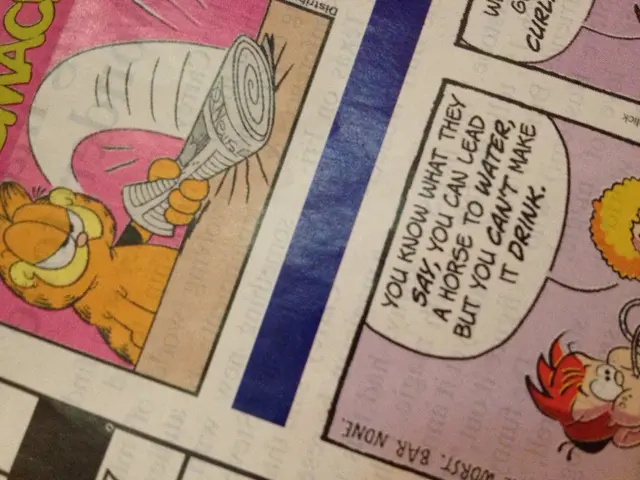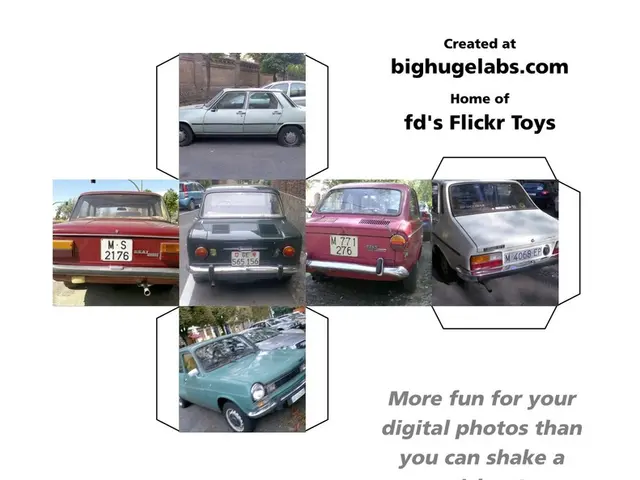Quantum Breakthrough: New Algorithm Solves Linear Systems Exponentially Faster
Scientists from Lehigh University and Los Alamos National Laboratory have created a groundbreaking Quantum Algorithm for Linear System Problem in Tensor Format. This development could revolutionize quantum computing and potentially aid in the creation of quantum-classical hybrid algorithms.
The algorithm, based on Quantum Linear System Algorithms (QLSAs), solves linear systems exponentially faster than classical methods. It's particularly effective for linear systems expressed as low rank tensor sums, common in discretized Partial Differential Equations (PDEs).
The implementation complexity of the algorithm is polylogarithmic in dimension, comparable to classical heuristic methods. However, the detailed analysis involves addressing challenges like qubit coherence time limitations, error rates in quantum gates, and the need for extensive error correction. Controlling and connecting a large number of qubits for high-dimensional problems increases control complexity and physical resource demands exponentially.
This new algorithm, developed by researchers from Lehigh University and Los Alamos National Laboratory, offers significant potential for quantum computing. It's exponentially faster than classical methods for certain linear systems and could have substantial implications for quantum-classical hybrid algorithms. However, practical implementation faces challenges related to qubit coherence and error correction.
Read also:
- Reconsidering the Approach to Mountain Height Measurement?
- UK automaker, Jaguar Land Rover, to commit £500 million for electric vehicle manufacturing in Merseyside
- Standard Nuclear & Framatome Join Forces to Boost TRISO Fuel Production by 2027
- Exhibition Spotlights Child Labor in Lithium and Cobalt Mines








